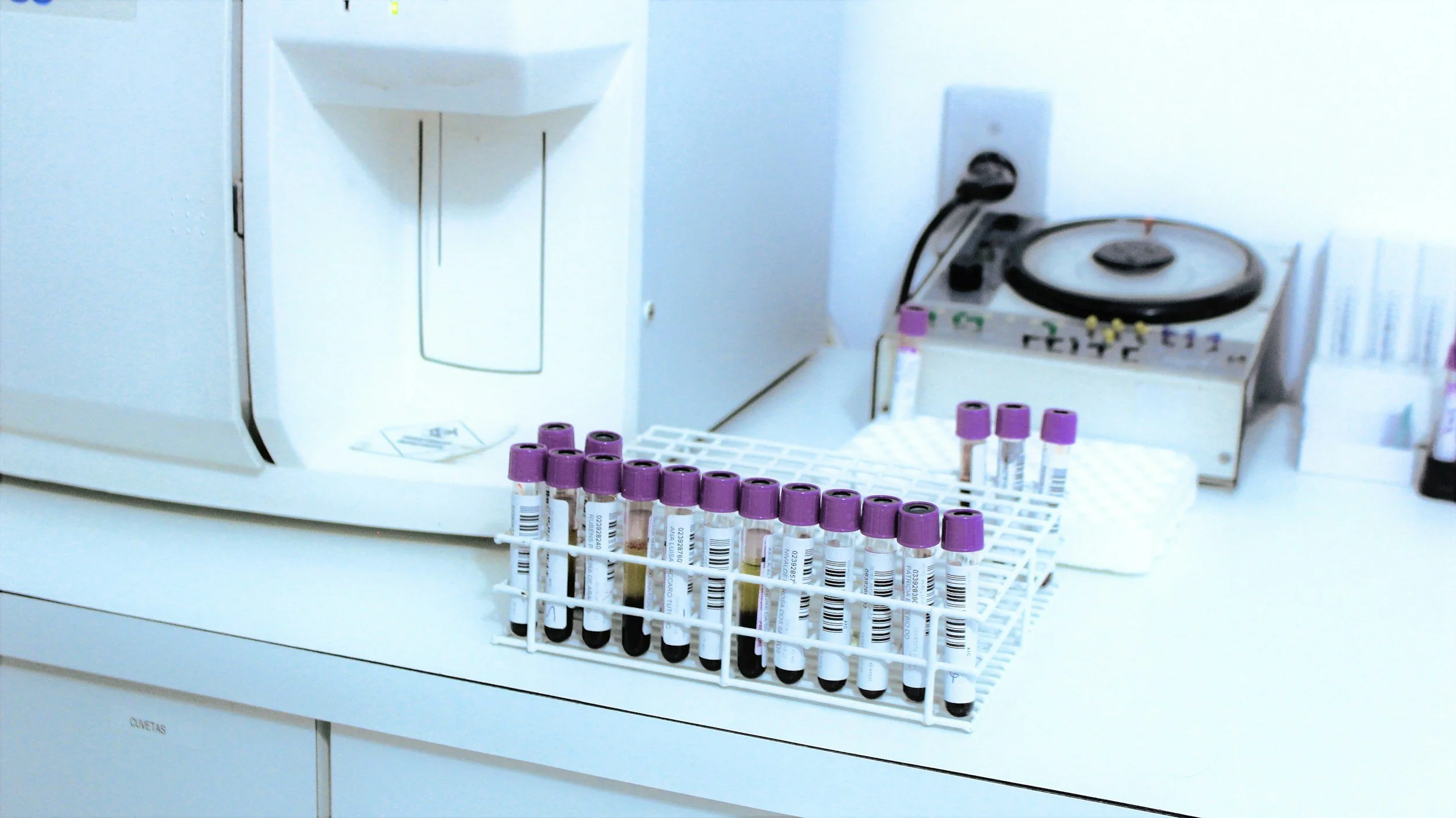
Only though research will we achieve our goal of Ending MS
For patients with multiple sclerosis, their families and caregivers, the decision to participate in receiving an experimental treatment or enter a clinical trial is a challenging one. The MS Clinic is actively involved in performing MS Clinical trials. MS clinical trials are carefully designed research to determine the effectiveness and safety of a drug or device in humans.
Currently Recruiting Clinical Trials
-

ELIOS - Investigational Biomarkers to Track Disease Modification in Active RRMS
Short Name: ELIOS
Sponsor: Novartis
Status: EnrollingThe exploratory ELIOS study aims to assess the value of novel investigational Eye Movement Biomarkers (EMBs) in tracking disease-related changes among a real-world cohort of Canadian patients with active RRMS
-

RESHAPE - Efficacy and safety of remibrutinib after switching from ocrelizumab in participants living with relapsing multiple sclerosis, followed by open-label treatment with remibrutinib
Short Name: RESHAPE
Sponsor: Novartis
Status: EnrollingStudy goal: To provide efficacy, safety, and tolerability data for remibrutinib after switching from ocrelizumab and in comparison to continuous ocrelizumab in a population with relapsing MS
-

CANOPTICS: the CAnadian Neuromyelitis OPTIca Spectrum Disorder (NMOSD) and other atypical demyelinating diseases Cohort Study
Short Name: CANOPTICS
Status: EnrollingThis is an observational study that follows patients at their annual clinic visits. CANOPTICS aims to monitor clinical trends and responses to therapy in people with NMOSD and other atypical demyelinating diseases over time in Canada.
-

A study to investigate multiple sclerosis relapse prevention with mRNA-1195 compared with placebo in participants aged 18 to ≤55 years
Sponsor: Moderna
Status: Recruiting soonTo evaluate the safety of mRNA-1195 and any potential side effects, while measuring its effectiveness in preventing MS relapses
-

REMASTER - A study to evaluate the efficacy and safety of remibrutinib in secondary progressive multiple sclerosis
Short Name: REMASTER
Sponsor: Novartis
Status: Recruiting soonTo demonstrate efficacy of remibrutinib compared to placebo in delaying disability progression in a population with SPMS
Active & Ongoing Studies
-

Efficacy and Safety Study of Frexalimab (SAR441344) in Adults With Nonrelapsing Secondary Progressive Multiple Sclerosis
Short Name: FREVIVA
Status: Ongoing (closed for enrolment)This study investigates if patients who have not had a relapse in the past year would benefit from switching to ofatumumab compared to continuing their current MS treatment. This study also seeks to understand if having an elevated serum neurofilament light (NfL) level can predict a greater benefit from switching to ofatumumab compared to continuing current treatment.
-

A randomized, open label, multi-center, active-comparator study to assess the efficacy, safety and tolerability of ofatumumab 20mg sc monthly versus continued current therapy in relapsing-remitting multiple sclerosis after elevation of serum neurofilament light levels (SOSTOS)
Short Name: SOSTOS
Status: Ongoing (closed for enrolment)This study investigates if patients who have not had a relapse in the past year would benefit from switching to ofatumumab compared to continuing their current MS treatment. This study also seeks to understand if having an elevated serum neurofilament light (NfL) level can predict a greater benefit from switching to ofatumumab compared to continuing current treatment.
-

MS-DETECT: Early Detection of Multiple Sclerosis Progression With MSCopilot® Detect (MS-DETECT)
Short Name: MS-DETECT
Status: Ongoing (closed for enrolment)The study aims to evaluate MSCopilot® Detect, a smartphone application for at-home monitoring of patients with Multiple Sclerosis (MS).
The primary objective is to enhance and standardize remote monitoring of MS patients to accurately assess disease progression caused by either Relapse Activity Worsening (RAW) or Progression Independent of Relapses (PIRA). The study also aims to assess the safety, usability, and satisfaction of the solution. A secondary objective is to determine MSCopilot® Detect's ability to provide early detection of disease changes and predict changes in Expanded Disability Status Scale (EDSS) scores in more patients.
-

A Phase III Multicenter, Randomized, Double-Blind, Double-Dummy, Parallel-Group Study To Evaluate The Efficacy And Safety Of Fenebrutinib Compared With Ocrelizumab In Adult Patients With Primary Progressive Multiple Sclerosis (FENTREPID)
Short Name: Fentrepid
Status: Ongoing (closed for enrolment)Treatment options for Primary Progressive MS (PPMS) are limited, with currently only one disease modifying therapy approved for commercial use by Health Canada.
This study seeks to expand treatment options by evaluating the efficacy and safety of fenebrutinib on disability progression in adult participants with Primary Progressive Multiple Sclerosis (PPMS).
-

A Multicenter, Single-Arm, Open-Label, Extension, Rollover Study To Evaluate The Long-Term Safety And Efficacy Of Ocrelizumab In Patients With Multiple Sclerosis (OLERO)
Short Name: OLERO
Status: Ongoing (closed for enrolment)This study aims to continue to collect longer-term information on the safety and effectiveness of treatment with ocrelizumab in subjects with either RMS or PPMS. Participants enrolled in this trial have taken part in previous Parent ocrelizumab studies.
-

The Canadian Prospective Cohort Study to Understand Progression in Multiple Sclerosis (CanProCo)
Short Name: CanProCo
Status: Ongoing (closed for enrolment)This is an observational study designed to better understand the factors that contribute to MS disease progression. It uses tools from different fields such as epidemiology (i.e. number of patients and distribution of diseases), medical imaging (MRI), and immunology (blood). This study will use methods from different scientific areas to evaluate a large group (i.e. cohort) of Canadians living with RRMS, PPMS and RIS over a 5-year period.
-

LTS17043 study - A study to investigate long-term safety and tolerability of tolebrutinib in participants with multiple sclerosis
Study Short Name: BTK-LTS
Status: Ongoing (closed to enrolment)This extension study will collect long-term safety and tolerability of tolebrutinib in participants with different forms of MS who previously participated other pivotal tolebrutinib studies
FAQs
-
The UBC Hospital MS Clinic is involved in many different kinds of research. Research helps us gain knowledge to find new treatments and cures. There are two types of research. Researchers conduct research to test scientific developments. There is also research that involves humans and this is called clinical research. There are many different types of clinical research but clinical trials investigate new drugs, combination of drugs, drug treatments and medical devices.
A clinical trial must be done before a new drug or device can be marketed to the general public. A clinical trial has three main goals:
Safety: The clinical trial must prove that a medication or medical device is safe for use by the public.
Effectiveness: The clinical trial must prove that the new medication is effective.
Side-Effects: The clinical trial must ensure the new medication has few side-effects to cause harm.
Clinical trials are closely regulated and investigators must be given permission to test a new drug under extremely strict regulations.
-
Phase I trials (Rarely done at UBC Hospital MS Clinic) – Researchers test an experimental drug or treatment in a small group of volunteers to evaluate safety, determine safe doses and identify side effects.
Phase II trials – Researchers test an experimental drug or treatment which is given to a larger group of volunteers to investigate the effectiveness and to further evaluate its safety. Researchers compare the responses of the group given the treatment to others given a placebo or other medication.
Phase III trials - The experimental drug or treatment is given to large groups of people to confirm its effectiveness, monitor side effects, compare it to commonly used treatments and determine the potential side effects of the medication, the long-term effects and any complications that may occur.
Phase IV trials – Post marketing studies conducted to determine long-term risks, benefits and overall optimal use.
-
Each clinical trial has a different criteria for who can participate and strict requirements, eg. age, current health and medical history. In order to take part in a clinical trial you must agree to be involved in that particular study. Your physician will ask you if you are interested in taking part in a particular study if he/she thinks you qualify for that study.
In order to be included in a clinical trial you must agree to be involved and you may drop out of the research at any time. Your present and future medical care at the MS Clinic will be the same whether or not you agree to participate.
All clinical trial procedures, risks and benefits are explained in detail in the letter of information and consent.
-
Potential participants in a clinical trial are given information documents by those overseeing the trial which clearly explain:
the study purpose
study procedures
length of the study
benefits and risks of taking part in the trial
what other treatments are available
taking part is your choice
participants may ask questions or withdraw at any time before, during or after the trial.
Participants will also be asked to sign a consent form which will also indicate the “Principal Investigator” you should contact if you have any questions or require any additional information.
Research staff will always safeguard your health and put the patient’s interest first and foremost.
